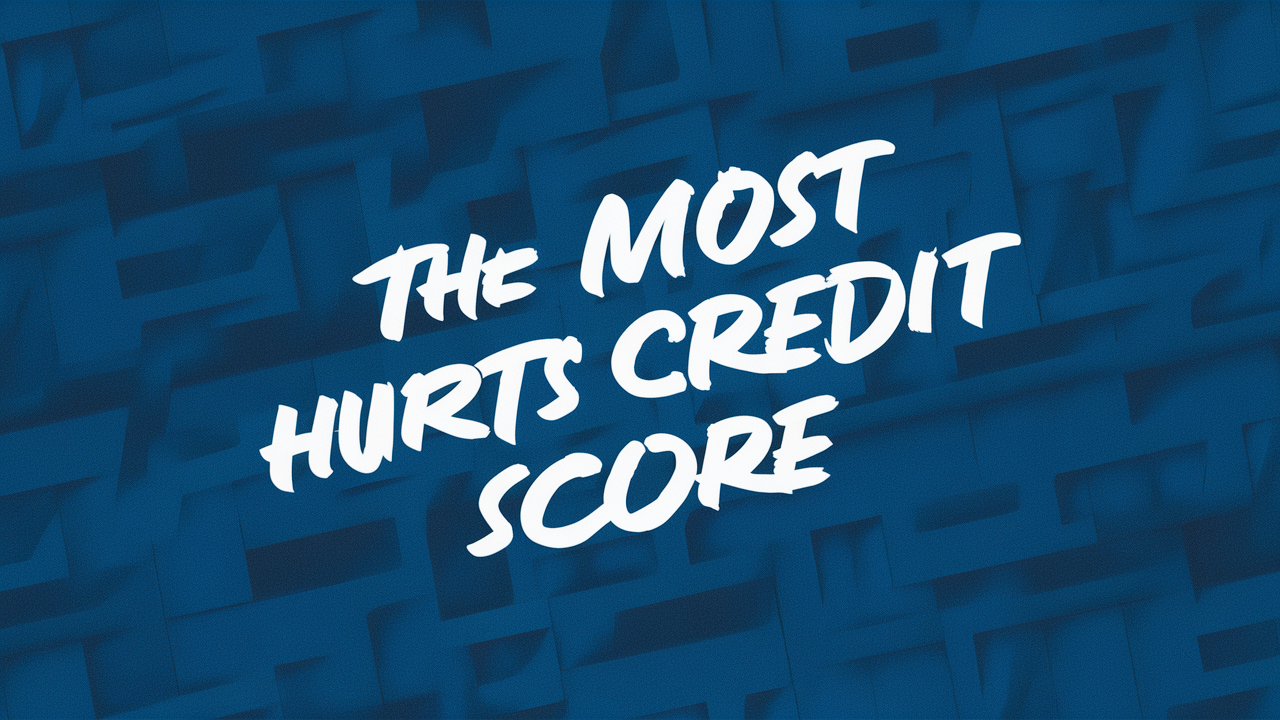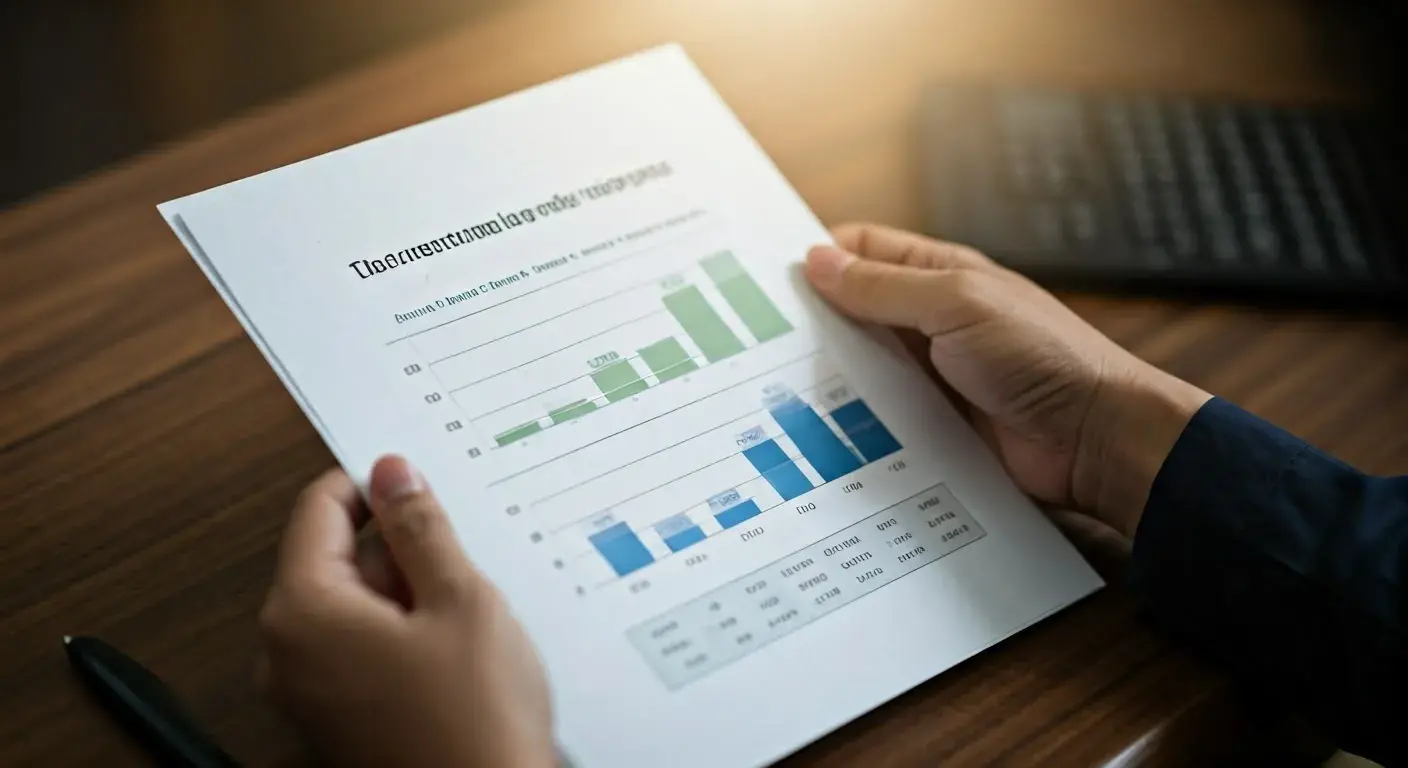
It influences your credit facility rather significantly. It figures your loan or credit card approval as well as the interest paid on it. While building excellent credit takes constant work, bad credit occurrences happen in the blink of an eye. What, however, might lower your credit score? Some of the most often occurring score busters you should stay away from are below.
Late Payments
Their credit also takes a nose-dive if they are among the worst in terms of tardiness in paying their bills. Credit history: This is the most significant element that is used when determining your credit score and it makes up 35% of your FICO Score. Even one payment that is a few days past the due date of the bill can reduce your score by more than 100 points if you have been maintaining a good credit score. There are also various levels of damages depending on the time when payment is made, the later it is the higher the damage. Just think, if an account goes to a collection agency, it can reduce your score by as much as 200 points or more. To the extent possible, establish autopay or reminders for any payment due to ensure that the former is made in time.
Maxing Out Credit Cards
Another factor that is taken into account is the credit utilization rate, which refers to the amount of credit that you currently have against the amount of credit that is available to you. In this case, most experts recommend that one should avoid having balances on their credit cards exceeding 30% of the credit line. While this idea is close to the first idea, using up the limit can be damaging to your credit. To minimize damage, one should shoot to utilize less than 30% of the total credit limit offered on all cards. Balance carried forward across several cards may also extend this facet of efficiency in the right manner.
The impact of credit utilization on credit scores is particularly significant when it comes to the closure of old credit card accounts.
Although it may save the individual some money by closing all the cards that are not in use, this measure will decrease the credit score. This is because having a card closed, has an effect of diminishing the overall credit ceiling, which will likely push the utilization ratio high. Also, credit score computations consider the average credit new period of the credit accounts that you possess. Cutting your credit line at the earliest is detrimental to average account history as it minimizes the length of your credit history. Do not shut down the credit cards you once had unless you can no longer afford the annual fee for a particular card.
Too Many Credit Inquiries
Making too many loan requests is not advisable because it can make the lenders see that you are eager to get that credit. Every time you apply for a credit card, it results in a hard inquiry on your credit report and hence pulls down your score progressively. In general, avoid applying for credit and credit cards more than once or twice in a year at most. When it comes to financing purchases, remember that multiple inquiries made for similar products within 14 days or less are considered one inquiry only, so use this allowance when shopping for auto loans or mortgages.
It is recommended to be active about the reports or scores related to credit, therefore it is advisable to check them from time to time. That way, if certain products are not selling as they should, you can handle it early enough and at the same time identify bad trends before they take root. It’s fairly easy to understand how to maintain a good credit score over a year, specifically by not making at least several major mistakes.
Call now for expert credit repair services: (888) 803-7889
Read More:
What credit score is needed to buy a house?
Can you pay to clean your credit score?
How to wipe your credit clean?
How do I remove old credit history?




